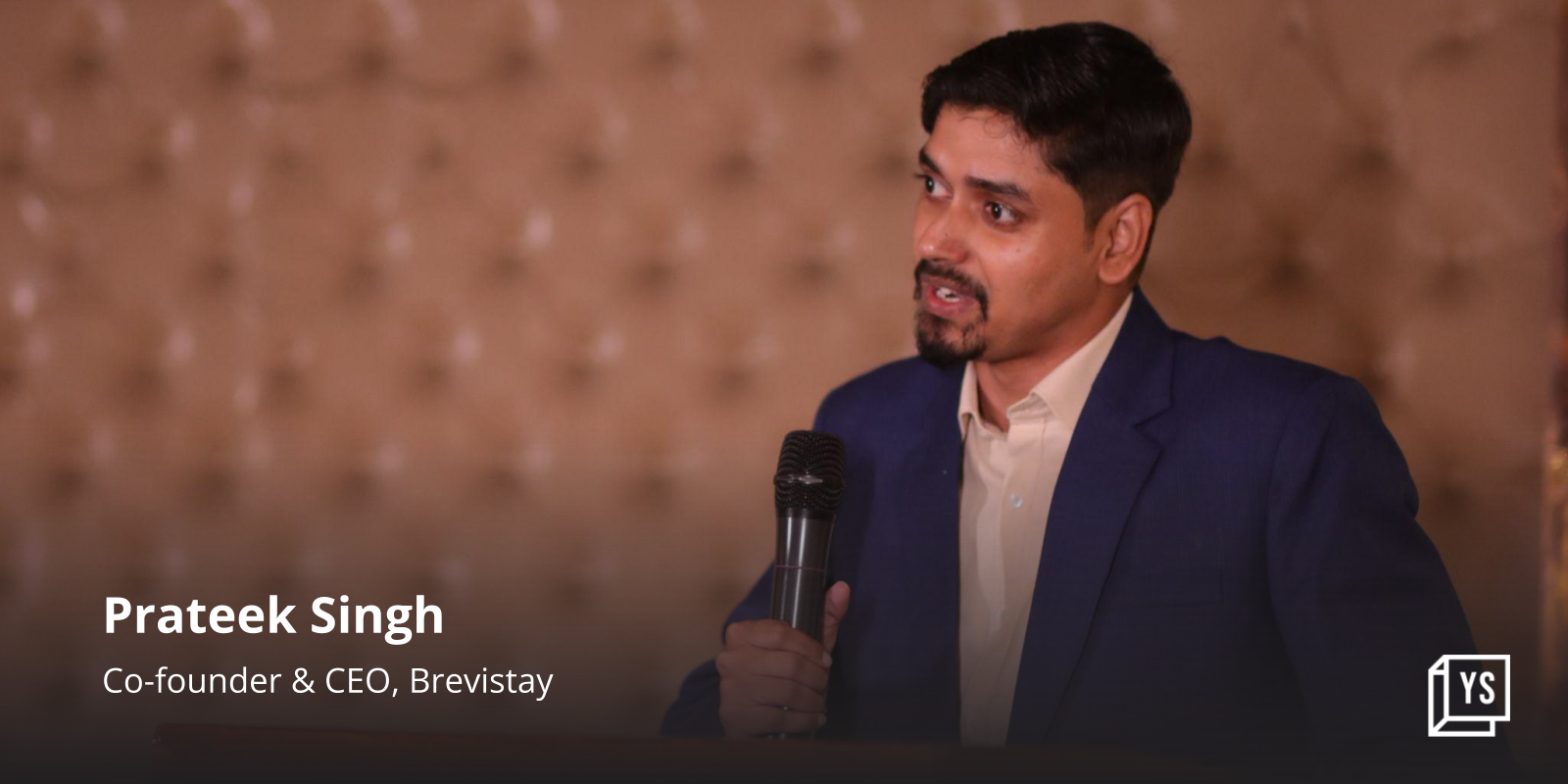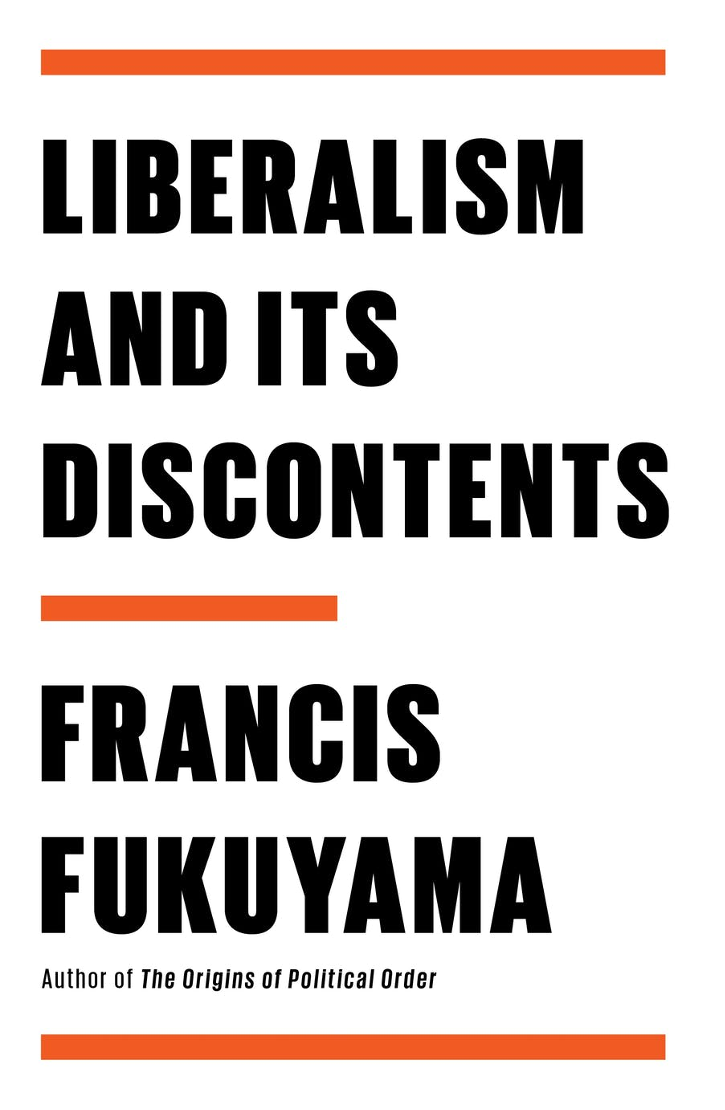When was based a decade in the past, it launched the idea of finances resorts and altered the best way the hospitality trade operated. Now, microstays promise one other such transformation within the sector, introducing the ideas of pay-per-hour and capsule stays.
In keeping with ResearchGate, microstay resorts are anticipated to develop at a 14.8% fee by 2024. Hopping on the pattern, Noida-based Brevistay has been mastering the pay-per-hour mannequin for a couple of years.
“We constructed a market to attach hoteliers with prospects, with the USP of anytime check-in and check-out, ideally in slots of 3-, 6- and 12-hour stays,” Prateek Singh, Co-founder and CEO, Brevistay tells YourStory.
Began in 2016, was co-founded by Prateek Singh, Shubham Agarwal, Nikhil Kumar Pathak, Aditya Naithani, and Avnish Kumar. It has onboarded greater than 3,000 resorts in 70+ cities throughout the nation, together with premium resorts like Hyatt Bengaluru, Hyatt Pune, Satisfaction Bengaluru, Satisfaction Chennai, Ramada by Wyndham Accommodations in Bengaluru and Lucknow, Regenta by Orchid, and plenty of extra.
“We’re creating an extra supply of revenue for resort companions by promoting their unsold rooms for a brief length, thus making a win-win situation for each—associate resorts and prospects. We offer resorts with our extranet panel with each customisation wanted to make this possible,” he provides.
Brevistay’s app is accessible for Android and iOS customers, and has over eight lakh downloads.
The genesis
Prateek and Aditya knew one another since their faculty days at Amity College, Noida. They have been on the journey to Manali, Himachal Pradesh once they struck upon the thought of Brevistay.
Prateek recollects, “We confronted a problem throughout our Manali journey. We needed to get early check-in on the resort nevertheless it was charging for a full day to provide check-in at 7 am. We wanted the room simply to clean up and had already booked a resort for the remaining journey.”
They realised that flexibility and affordability have been lacking within the hospitality trade and considered beginning up.
“We didn’t need anybody stranded on the airport ready for his or her flight or having to attend until midday to check-in. We explored many different use instances, making it handy for finish customers to get check-in at any time they need,” he provides.
Aditya launched Prateek to Shubham, who was good at gross sales and funds. The three began researching the pay-per-hour mannequin in 2015. “We stop our job in 2016 and began it full-time,” Prateek says.
Avnish additionally confronted an identical state of affairs when he needed resort lodging for a shorter length. When his earlier enterprise bought shut down, he discovered a chance to work with Brevistay. “We supplied him fairness and he fortunately accepted and joined us within the enterprise. I knew Nikhil since 2009 and he was not directly serving to the enterprise on weekends however was unable to stop the job initially. We supplied him a full-time position in 2018 and he joined us as CTO,” he provides.
At the moment, Brevistay has a staff of 55 workers and the corporate goals to increase the scale to greater than 100 by the top of 2022.
Funding and monetisation
Whereas bootstrapped since its founding, the startup introduced elevating Rs 3 crore from Indian Angel Community (IAN) in a seed spherical on its sixth anniversary on August 3, 2022. The spherical was led by IAN Lead traders Uday Chatterjee, Hari Balasubramanian, and Sri Prakash.
“We had invested Rs 2 lakh initially within the enterprise and constructed a strong and worthwhile enterprise over six years earlier than elevating our first spherical of funds by IAN,” states Prateek.
“We’re breaking the pre-existing and centuries-old sample of midday check-in and 11 am check-out system, and creating a brand new method of conducting enterprise. With the funding from IAN, we’re increasing so we will take this idea to bigger audiences throughout extra cities,” he notes.
Sri Prakash, the lead investor from IAN, believes that the corporate has the potential to develop into a class chief in hourly reserving for resort rooms and related services.
“We have now a commission-based enterprise mannequin whereby we cost a set share of fee (based mostly on trade normal) on every reserving made by our portal,” Prateek provides.
The startup generated GMV (Gross Merchandise Worth) of Rs 18 crore within the monetary 12 months 2021-22, rising at a fee of 10% month-on-month by way of buyer acquisition, income, and resort acquisition. It claims to have been worthwhile within the final 4 years.
Brevistay has accomplished eight lakh bookings on its platform. It has a every day lively consumer (DAU) base of 25,000 and 300,000 month-to-month lively customers (MAU).
“At the moment, we aren’t providing capsule stays however now we have a plan to diversify our portfolio and we’re wanting so as to add capsule resorts on our platform,” the co-founder notes.
The way in which forward
In keeping with a report by MarketResearch.com, the resort trade in India is anticipated to achieve a price of Rs 121,087 crore by the top of 2023, increasing at a compound annual development fee (CAGR) of round 13% in the course of the 2018-2023 interval.
Brevistay is strengthening its operations in metro cities like Delhi-NCR, Kolkata, Bengaluru, Chennai, and Hyderabad, and can also be specializing in rising in Tier-II and Tier-III cities like Vijayawada, Kochi, Coimbatore, Mysore, Thrissur, Kannur, Tiruchirappalli, and Madurai.
In India, the startup competes with OYO, Goibibo, and Agoda, as they’ve additionally entered the short-duration keep phase. “On the worldwide degree, now we have platforms like Byhours and Dayuse,” Prateek says. As of now, it has no plans for world growth.
The pandemic triggered the startup to place a pause on growth. Nevertheless, the corporate bounced again with a 1.5X income development within the 9 months after the primary lockdown and recorded a 250 % spike within the income numbers within the subsequent 9 months after the second wave of COVID-19.






:quality(70)/cloudfront-us-east-1.images.arcpublishing.com/tronc/Y2GFR2N2L5G7TNM6TS35ICBLYM.jpg)
